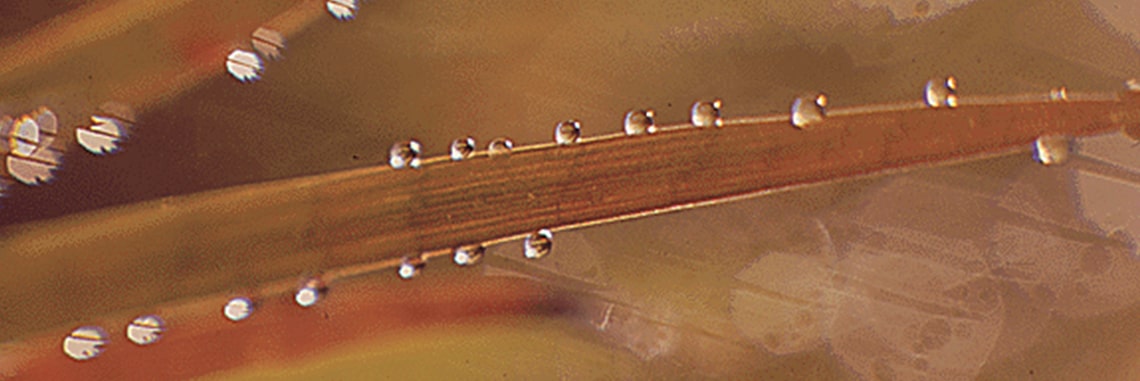
Trauma and Healing
What Do We Do with This Pain?
Sunday, May 2, 2021
We have heard the word trauma a lot in the last thirty years or more. I am not sure if it is happening more, or if we finally have a word to describe what has probably always been happening.
When we examine history, we know that there has scarcely been a time period, community, or country which did not regularly experience war, famine, torture, families separated by death or distance, relentless injustice against which people felt powerless, domestic violence, sexual abuse, imprisonment, natural disasters, disease, even wholesale enslavement, persecution, and genocide. All of these are emotionally traumatic for the human psyche; such memories are held in the body itself—so much so that, in many cases, the mind cannot remember the trauma until years later.
Reflecting on trauma has made me think that much of the human race must have suffered from what we now call Post-Traumatic Stress Disorder (PTSD). It is heartbreaking to imagine, but it gives me much more sympathy for the human person caught in repeated cycles of historical violence.
Could this be what mythology means by “the sacred wound” and the church describes as “original sin,” which was not something we did, but the effects of something that was done to us? I believe it is.
If religion cannot find a meaning for human suffering, humanity is in major trouble. All healthy religion shows us what to do with our pain. Great religion shows us what to do with the absurd, the tragic, the traumatic, the nonsensical, the unjust. If we do not transform our pain, we will most assuredly transmit it.
It’s no surprise that the Christian logo became a naked, bleeding, suffering man. What do we do with this pain, this sadness, this disappointment, this absurdity? At the end of life, and probably at the beginning of life, too, that is the question. When I led men in rites of passage, this was the biggest question for the largest percentage of those in the middle of life: what do we do with what has already happened to us? How do we keep from the need to blame, to punish, to accuse, to sit on Job’s eternal dung heap and pick at our sores (Job 2:8)? It seems to me that too high a percentage of humanity ends up there.
It is no wonder that Jesus teaches so much about forgiveness, and shares so much healing touch and talk. He does not resort to the usual moral categories, punishment practices, the frequent blame, or the simplistic sin language of most early-stage religious people. That is why he is such a huge spiritual master. Christians almost avoided seeing this by too glibly calling him “God.” He offers everything to us for our own transformation—everything! Not to change others but to change ourselves. Jesus never “cancels” other people or groups.
As I wrote in the most recent edition of our biannual literary journal Oneing, this much is all I am equipped to say. This week, let my friends now take it further.
References:
Adapted from Richard Rohr, “Introduction,” “Trauma,” Oneing, vol. 9, no. 1 (CAC Publishing: 2021), 17–18;
Things Hidden: Scripture as Spirituality (Franciscan Media: 2008), 25; and
The Authority of Those Who Have Suffered (Center for Action and Contemplation: 2005), MP3 download.
Story from Our Community:
Since a life-threatening accident two years ago, much of my “transformation” was in light of this trauma. For so long I couldn’t take care of myself and had to come face to face with WHO AM I when I can DO NOTHING. I am grateful to breathe, to live each day, to find the life and beauty in everything. I savor my days. The daily CAC meditations and online classes have both nurtured and challenged me. —Beth M.

